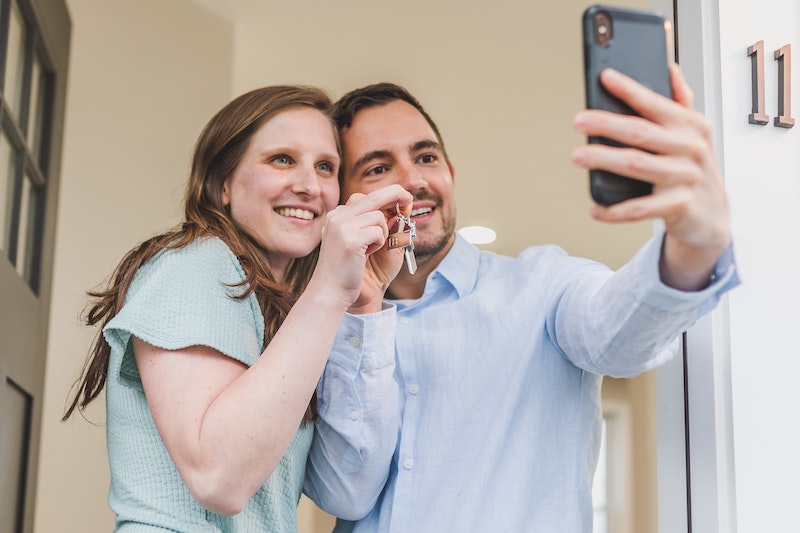Buying a home is a huge milestone in many people’s lives. It’s also a big investment, from the money you save up to afford it to the time you spend finding the perfect house for you. Your home may even be the most valuable asset in your estate, so you’ll likely want to ensure it’s managed according to your wishes after you’ve passed away. This is one of the reasons why having a last will and testament is so important.
A will is a legal document where you state what should happen to your property after you die. When it comes to your house, this could mean choosing a loved one to inherit it. Or maybe you want it sold and the proceeds distributed between the people or causes closest to your heart. But transferring your property after death without a will can be more difficult.
When you pass away, your assets are generally distributed through a court-supervised process called probate. But dying without a will can delay the process of administering your estate. Not only can this be more stressful or expensive for your loved ones, but it may also affect what happens to your assets — including your house.
Transferring property without a will
Dying without a valid will (known as dying intestate) means you didn't leave any legal instructions for what should happen to your property. Your loved ones will then have to go through the process of transferring your property after your death without a will. If this happens, it will be up to your local court to determine who receives your property. They’ll decide this using a set of rules called intestate succession laws.
Your house shouldn't stay in your name once you’ve passed away — it should be transferred to someone who’s living. A new deed needs to be issued in this person’s name, so they can prove ownership and assume responsibility for mortgage payments, property taxes, utilities, and maintenance.
If you pass away with outstanding debt — like a car payment or credit card charges — those debts will need to be paid from your estate before your beneficiaries can inherit what’s left. In some instances, your house may need to be sold to cover these expenses before the rest of your property can be distributed.
Several other factors can affect what happens to your property if you die intestate, including whether your home is solely or jointly owned.
Transferring property if you have joint ownership
Owning your home with someone else — like a spouse or partner — is known as “joint ownership.” In this case, the other person automatically becomes the property’s sole owner when you pass away. This only applies if you're both listed on the deed, meaning that you each legally own the house.
An exception to this is called “tenancy in common.” This is a type of co-ownership in which each party owns a separate share of the property. In the case of tenancy in common, your share will be distributed according to intestate succession laws if you die without a will.
Transferring property if you have sole ownership
If your name is the only one listed on your house deed (called “sole ownership”), the process of distributing your assets becomes more complicated.
Without a will, your property will become subject to intestate succession laws. These laws follow an order of succession to determine who receives your assets. While this order can vary depending on your state, intestate succession laws generally prioritize individuals in the following order:
- Your spouse
- Your children
- Your parents
- Your siblings
If none of these relations can be located, the court will look for your next of kin (meaning your closest living relative by blood or marriage) to inherit your estate. Once the court identifies an heir, the process of administering your estate will continue and ownership will be transferred to this person.
Transferring property if you have no heirs
If the court can’t find any next of kin, the state will take control of your property. However, this is uncommon. Before the state takes ownership of your property, the court will try to locate someone related to you to inherit your estate, even a distant relative.
Take control of your estate by making a will
Your house is more than just a shelter. It’s where you raise your kids, care for your loved ones, and experience some of the most meaningful moments of your life. Without a will, you may forfeit control over important parts of your estate — including who receives your home. A valid will is the best way to ensure your property is transferred according to your wishes. It can also save your loved ones time, money, and stress after you’re gone.
Planning for the future is easy with FreeWill’s do-it-yourself will-making tool. In just 20 minutes, you can give yourself peace of mind — and a will of your own.
Make your free estate plan today

Make your free advance healthcare directive

Make your free durable power of attorney

Make a stock donation today

Make your free revocable living trust










